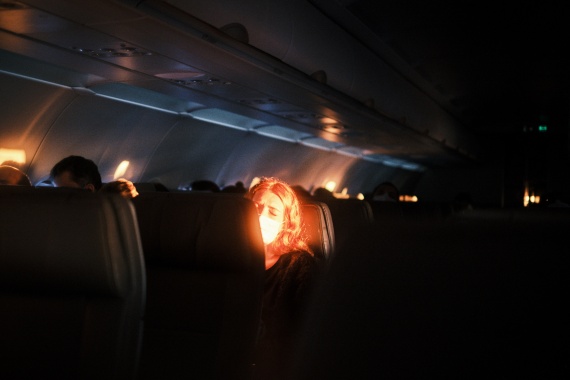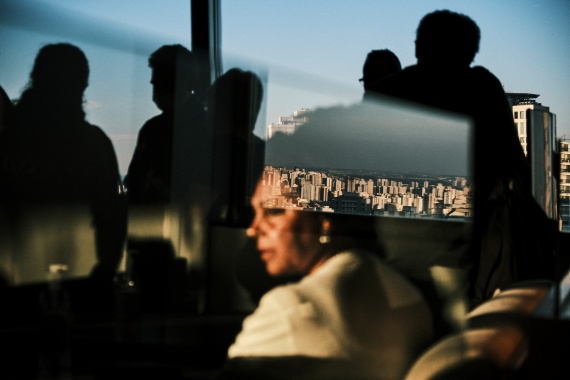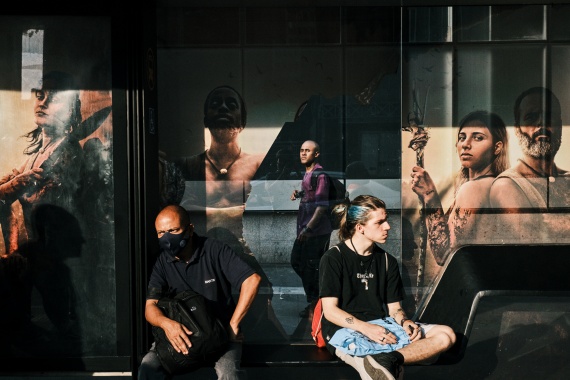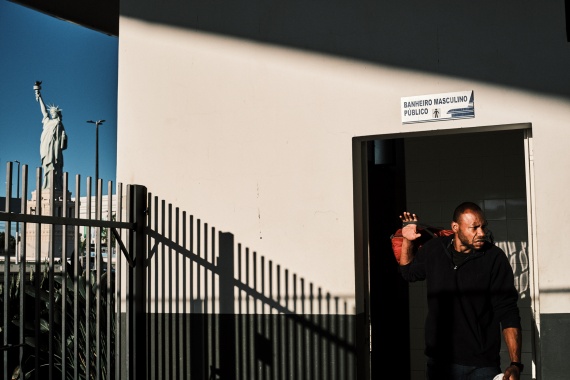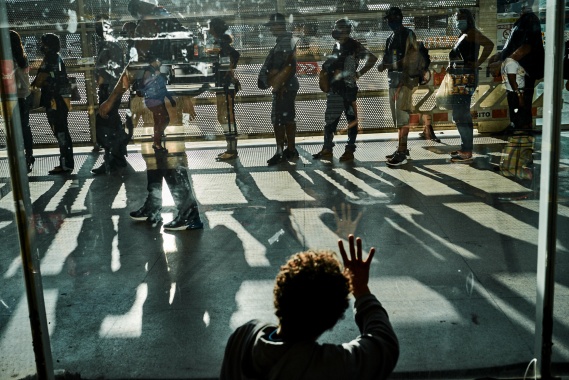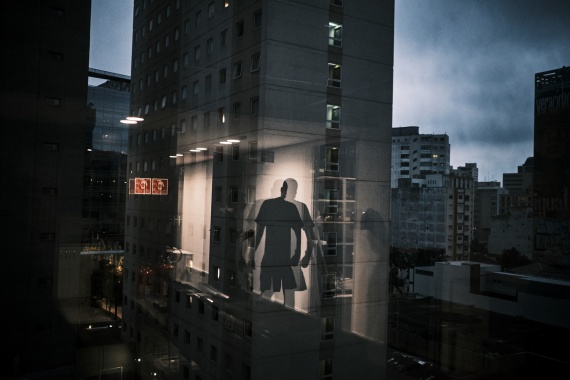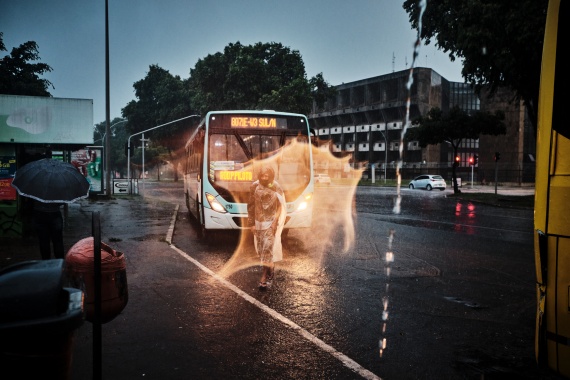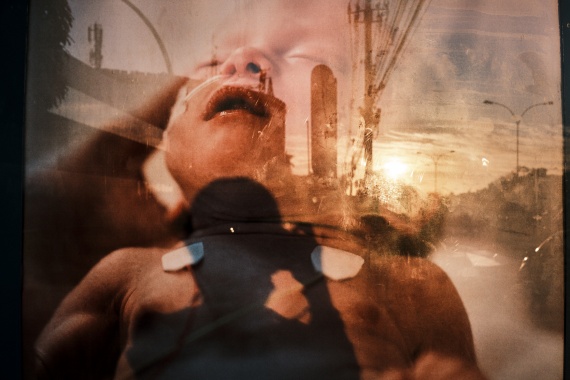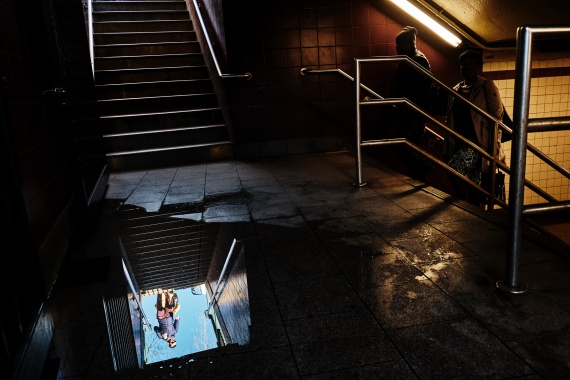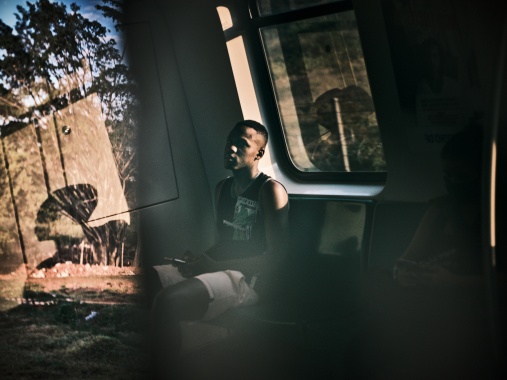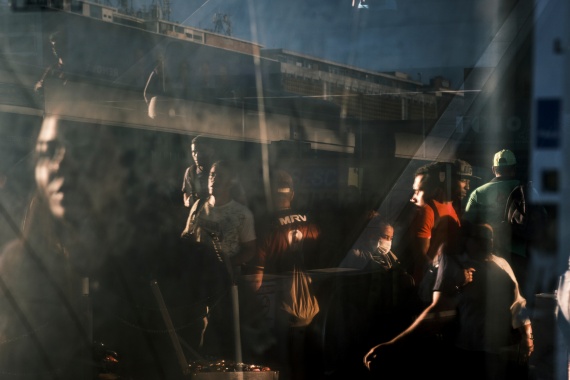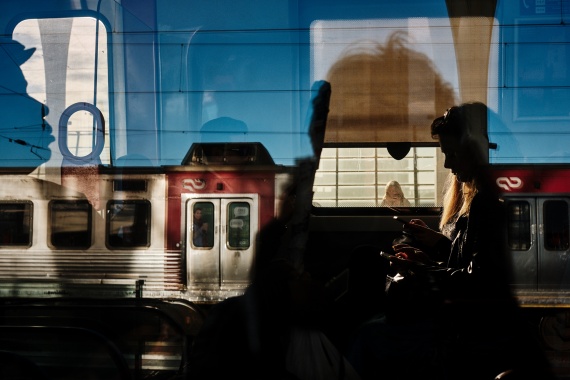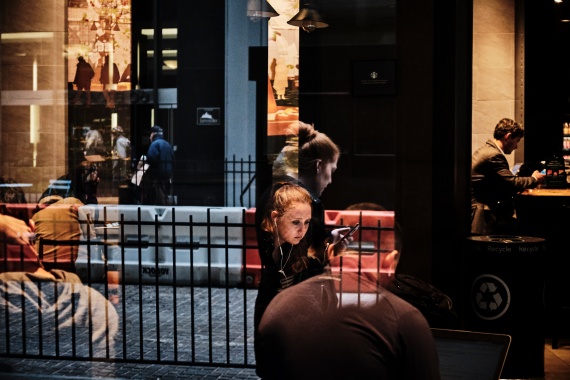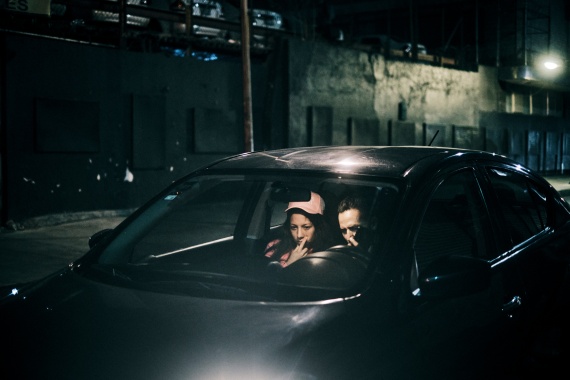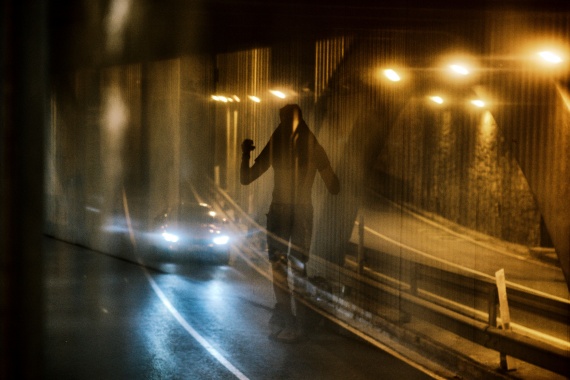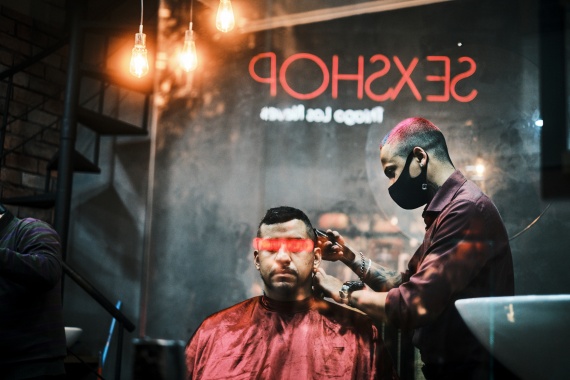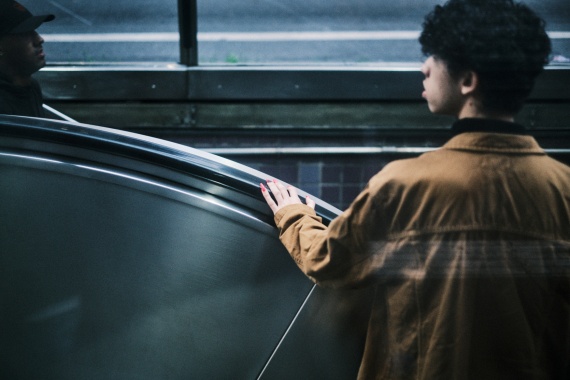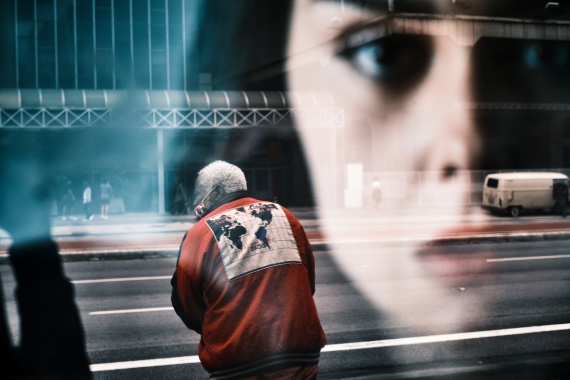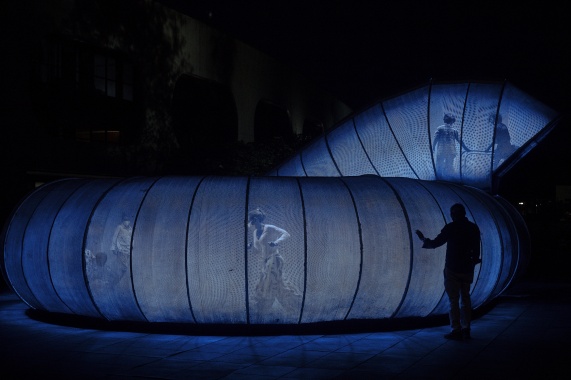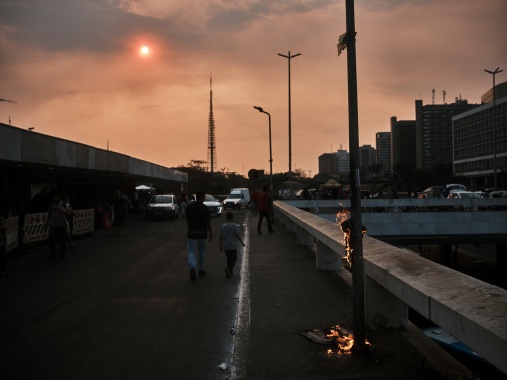Gustavo Minas: Liquid Cities
The impressive pictures taken by the Brazilian street photographer speak of isolation, alienation and untenability. Incorporated reflections, barely locatable light sources, and irritating perspectives turn his images into fascinating, visual metaphors for life in “Liquid Cities”.
Somewhere in the whirlwind of the big city. Ungrounded and adrift. In late modernity, human society has lost its anchor. It makes life each day extremely exhausting because “everything around us has become fluid”. This is the conclusion drawn by Polish sociologist Zygmunt Bauman (1925–2017), and put down on paper in his “Fleeting Modernity”, published in 2003. The original title, “Liquid Modernity”, conveys Bauman’s understanding even more clearly: according to his diagnosis, in the “light, diffused and fluid modernity” the individual falls into the abyss of untenability, becomes “ungrounded” in the present. Loneliness, alienation, lack of identity, melancholy, fragmentation and disorientation are central themes. This is precisely what we find in Minas’s photo series. It is not by chance that its title, “Liquid Cities”, makes reference to Bauman’s analysis of society. The images in this long-term project speak of the same: they are as meaningful as they are confusing; as well-composed as irritating; detached from both time and space.
“Photography is my way of dealing with the world around me. A tool for discovering it. And, literally, the reason why I get out of bed every morning, generally very early to catch the best light.”
Minas remembers that it was the Brazilian curator Rosely Nakagawa, who pointed out that Bauman’s themes “permeated much of my work”. This then gave rise to the idea for the series. It shows people in anonymous megacities, reflected in windows, puddles and façades: people, often commuters, at subway exits, in underground passageways, cafés, aeroplanes, trains, buses, and at bus stops; in São Paulo, Brasília, New York, Mexico City, Valencia and Lisbon. They find themselves in places of transit; places of restless, unsteady transition.
“I believe that light can transform the mundane into something extraordinary.”
Minas captures his protagonists from irritating perspectives. Often puzzling for the viewer, the position of the photographer is nearly impossible to pinpoint. “I very often explore reflections in my work, shooting through glasses or other reflective surfaces. First, it’s a way of showing not only what’s in front of me, but also behind me or by my side,” Minas describes of his approach: “Furthermore, I think that mixing parallel stories and characters in different places, is a great way of representing the chaos and mix of stimuli in big cities. When I’m photographing, I’m not only seeing, but also hearing, smelling, feeling, and these multilayered shots are a more complete representation of this. Finally, I like the sense of disorientation and confusion that such images can convey. This kind of photo can require patience sometimes, until everything falls into the right place. I’m always searching for this fine line between chaos and balance.”
In Minas’s well-composed photographs, interior and exterior spaces flow into one another. Multiple interweaving image planes – with strong, cinematic, and sometimes almost mystical lighting moods – disconnect his multi-layered pictures from reality, visualising not only the fleetingness, but also the fluidity of the moment: they are truly impressive snapshots and fascinating visual metaphors for life in “Liquid Cities”.
Minas’ project was proposed by Lois Lammerhuber, who was among this year’s 60 international LOBA nominators.
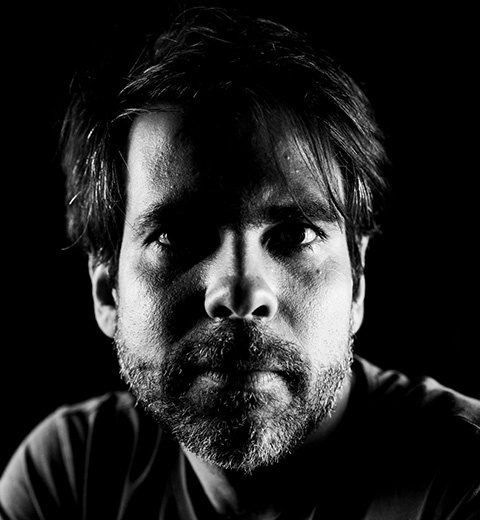
Gustavo Minas
Born in Cássia, Brazil, Minas studied Journalism at the University of Londrina, and photography with Carlos Moreira. He has been working as a street photographer since 2009. In 2017, his “Bus Station” earned him the POY Latam award in the Future of Cities category. His work has received many awards and has been widely exhibited. His first book, “Maximum Shadow Minimal Light” was published in 2019 by Edition Lammerhuber. Minas lives in Brasília.
Portrait: © Ale Ruaro
